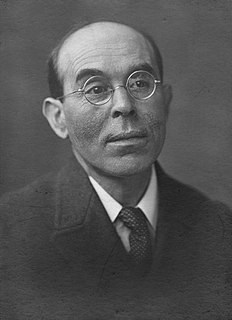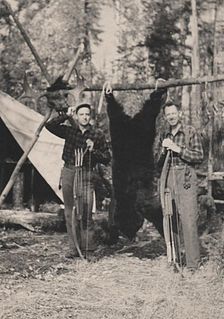A Quote by Thomas Jefferson
among the values of classical learning I estimate the Luxury of reading the Greek & Roman authors in all the beauties of their originals ... I think myself more indebted to my father for this, than for all the other luxuries his cares and affections have placed within my reach.
Related Quotes
By the consultation of books, whether of dead or living authors, many temptations to petulance and opposition, which occur in oral conferences, are avoided. An author cannot obtrude his service unasked, nor can be often suspected of any malignant intention to insult his readers with his knowledge or his wit. Yet so prevalent is the habit of comparing ourselves with others, while they remain within the reach of our passions, that books are seldom read with complete impartiality, but by those from whom the writer is placed at such a distance that his life or death is indifferent.
At first critics classified authors as Ancients, that is to say, Greek and Latin authors, and Moderns, that is to say, every post-Classical Author. Then they classified them by eras, the Augustans, the Victorians, etc., and now they classify them by decades, the writers of the '30's, '40's, etc. Very soon, it seems, they will be labeling authors, like automobiles, by the year.
The biblical authors wrote of God's sovereignty over His world, and of man's experiences within that world, using such modes of speech about the natural order and human experience as were current in their days, and in a language that was common to themselves and their contemporaries. This is saying no more than that they wrote to be understood. Their picture of the world and things in it is not put forward as normative for later science, andy more than their use of Hebrew and Greek is put forward as a perfect model for composition in these languages.
Some people spend their entire lives reading but never get beyond reading the words on the page, they don't understand that the words are merely stepping stones placed across a fast-flowing river, and the reason they're there is so that we can reach the farther shore, it's the other side that matters...
To later Romans Ennius was the personification of the spirit of early Rome; by them he was called "The Father of Roman Poetry." We must remember how truly Greek he was in his point of view. He set the example for later Latin poetry by writing the first epic of Rome in Greek hexameter verses instead of in the old Saturnian verse. He made popular the doctrines of Euhemerus, and he was in general a champion of free thought and rationalism.

































